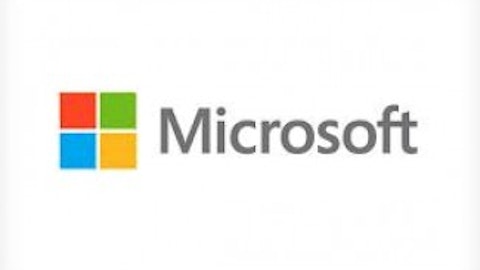In spite of what you may have heard: successful investing doesn´t need to be complicated. You don´t need to be a genius or have access to a super mega computer processing information at the speed of light in order to achieve solid returns from your investments.
Finding high quality companies with strong competitive advantages and holding for the long term may require some common sense and discipline, but not much more than that. You don´t need to take my word for it, Warren Buffett has said it quite clearly.
“You don’t need to be a rocket scientist. Investing is not a game where the guy with the 160 IQ beats the guy with 130 IQ.”
Warren Buffett.
The Best Kind of Competitive Advantage
“The key to investing is not assessing how much an industry is going to affect society, or how much it will grow, but rather determining the competitive advantage of any given company and, above all, the durability of that advantage.”
Warren Buffett.
Competitive advantages may come from different sources like technological superiority, cost efficiencies or special patents. But one fantastic source of competitive strength which is easy to identify and can be one of the strongest and most durable ones is brand differentiation.
Technologies change, patents expire, and cost advantages can be eroded by the competition. But great brands build an emotional connection between the company and its customers, and they can last for a long time – even forever – while generating superior profitability for investors.
Some Powerful Consumer Brands
The Coca-Cola Company (NYSE:KO) is the quintessential example of a company with an amazing brand power, the most valuable brand in the world according to Interbrand and – not by chance – the biggest position in Warren Buffett´s portfolio. Coca-Cola drinks sell at prices which can be double the price charged by competitors like Cott Corporation (NYSE:COT) and this allows for fantastic profit margins.
Comparing profitability figures for Coke versus Cott is a nice way to measure just how relevant a brand can be to shareholders. Both in terms of profit margins at different levels and return on equity, the differences are abysmal. Brand equity may be intangible, but it does have some big economic and financial implications when investing.

There is coffee and there is Starbucks coffee – brand differentiation – the company has transformed a commodity into a specialized product, and the brand is an undeniably important driver behind its success. Starbucks has a unique cultural footprint which the company has built through years of innovation, branding, and image differentiation, and that sets the company apart from its competitors.
NIKE, Inc. (NYSE:NKE) is another great example about a powerful brand as a competitive advantage. The company has built a rock solid position via decades of sponsoring the world´s most renowned athletes and generating memorable marketing campaigns. This has implications when it comes to profit margins, and also in terms of growth opportunities.
The company has been expanding both into new sport disciplines and different countries over the last years: sales from the soccer segment grew from $1.5 billion in 2007 to near $2 billion currently, and emerging markets like China look especially promising for Nike. Having the most valuable brand in the athletic shoes and apparel business has certainly been an important asset behind this growth.
The Safety of Brands
Let´s assume for a second you are the person responsible for technology at your office, no you don´t need to put on your glasses and your Star Trek t-shirt for this simulation. The company´s CEO tells you to find the best solution to make sure that the company´s systems are safe from hacker attacks or industrial espionage, so you start analyzing possible choices for a comprehensive security framework.
After some research, you narrow down the choices to two possible candidates: International Business Machines Corp. (NYSE:IBM) and a lesser known IT company from India which looks quite innovative and full of talented people. I think at the end of the day you will probably go with IBM anyways, especially if you value job stability.
If the other company makes a mistake, you are going to feel the heat for that decision. IBM is a much safer choice: the company has been around for more than 100 years, and counts each of the Fortune 2000 companies as clients. A serious mistake coming from IBM sounds less plausible, and even if it does happen, nobody is going to blame you too much for choosing IBM versus other alternatives.
Interbrand rates IBM as the second most valuable brand in the world after Coca-Cola, and the company is Warren Buffett´s third biggest position in Berkshire Hathaway´s portfolio. You certainly don´t need to be rocket scientist to connect the dots between brand value, competitive advantages and Buffett´s investment decisions.
Bottom Line

The article Brand Investing: Simple and Effective originally appeared on Fool.com and is written by Andrés Cardenal.
Copyright © 1995 – 2013 The Motley Fool, LLC. All rights reserved. The Motley Fool has a disclosure policy.





